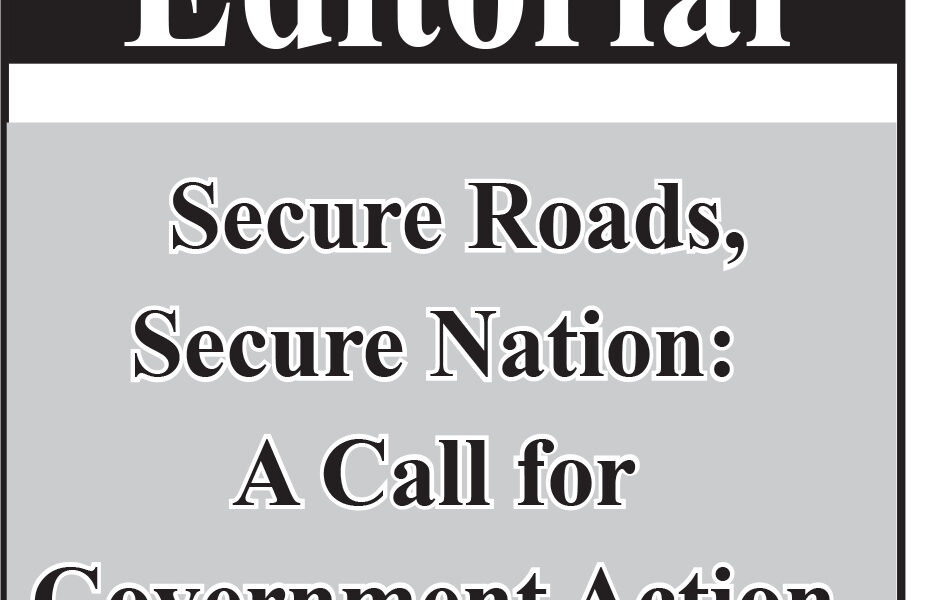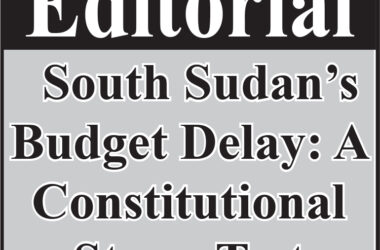South Sudan’s roads are the lifelines that connect the capital, Juba, to its states and counties. They facilitate the movement of goods, services, and people, underpinning the nation’s economic growth and social cohesion.
Yet, despite their importance, many of these roads remain insecure and in disrepair, threatening commerce and everyday travel.
The government must act decisively to ensure the safety of travellers.
Road insecurity, often stemming from banditry, unchecked criminal activity, and poorly maintained routes, hampers trade and puts lives at risk.
Without reliable security measures, truck drivers, traders, and commuters are left vulnerable, and the broader economy suffers.
When roads are unsafe, markets shrink, communities suffer, and national cohesion weakens.
Security forces must be deployed strategically along key routes, and intelligence coordination must be strengthened to prevent ambushes and criminal activity.
Equally urgent is the need for robust investment in road rehabilitation. Many roads are impassable during the rainy season, cutting off entire counties and inflating transport costs.
The national budget must reflect the importance of infrastructure, with dedicated funds for grading, drainage, and bridge repairs. International partners may support, but leadership must come from within.
However, road development is not solely the government’s responsibility.
Government and civil society should launch awareness campaigns to promote community ownership, labor contributions, and local monitoring.
Simple measures such as clearing drainage channels, reporting damages early, and cooperating with local authorities can significantly extend the lifespan of roads.
A secure and connected South Sudan is possible but only if roads are treated not as mere pathways, but as lifelines of peace, prosperity, and unity.



